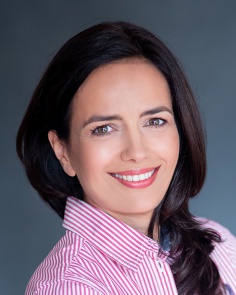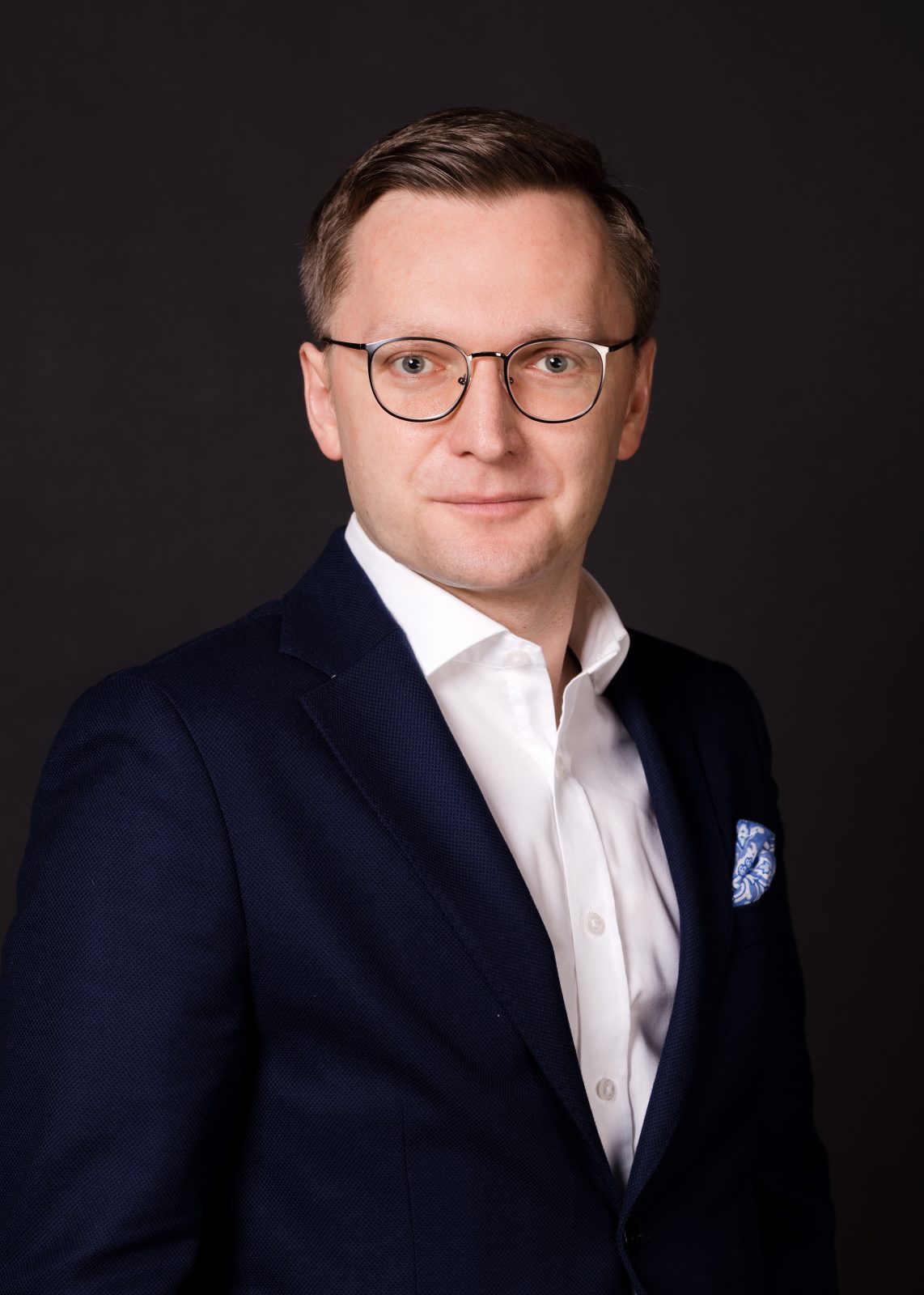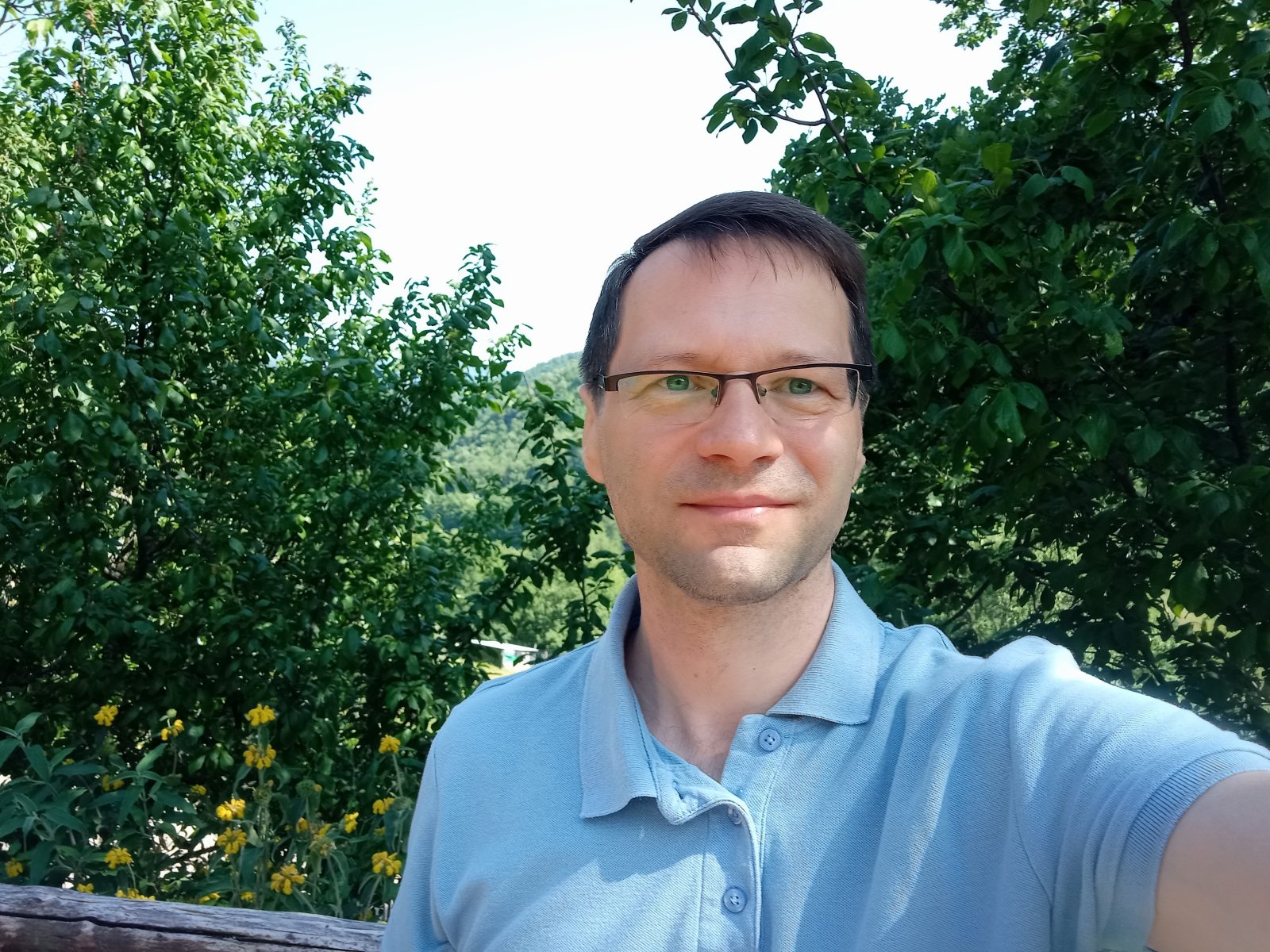
Grants for our FLAE researchers
27 researchers from the UWr will receive a total of more than PLN 40 million for the implementation of their projects in the concluded OPUS 26 and SONATA 19 competitions of the National Science Centre. They include scientists from the Faculty of Law, Administration and Economics, where four grants will be awarded.
From Opus 26 for the research ‘Prawa podstawowe dla wszystkich? Stosowanie unijnych praw podstawowych wobec państw członkowskich’ (eng. Fundamental rights for all? Application of EU fundamental rights against Member States – current state and perspectives) – dr hab. prof. UWr Agnieszka Frąckowiak-Adamska will receive PLN 429 928.00.
Her project concerns the fundamental rights of the European Union and whether they can be enjoyed only by certain citizens of the Union or only in certain situations? Even if this seems to contradict logic and the sense of justice, this is how EU law is currently developing.
Why?The EU Charter of Fundamental Rights, according to its Article 51(1), applies to Member States only when they are applying Union law. EU fundamental rights therefore do not apply to Member States in so-called purely internal situations.Even if the Charter is binding on all Member States and the preamble and the rights contained therein are formulated in a universal manner, this means that, for example, the provisions ‘Human dignity is inviolable. It must be respected and protected.” (Article 1 of the Charter) or ‘Everyone has the right to respect for his or her physical and mental integrity’ (Article 3 of the Charter), can only be invoked by a citizen of the Union against a Member State if he or she can show that his or her case is governed by Union law.
These are some of the questions the researcher will seek to answer: – what is the current scope of application of EU fundamental rights vis-à-vis EU Member States; should (all) EU fundamental rights be applied vis-à-vis Member States in purely internal situations; if only some, which ones; how to determine the EU fundamental rights standard applicable to Member States in view of the significant differences in the level of protection of these rights?
From Opus 26 for the research ‘Prawo do nieobciążania się w erze cyfrowej. Czy nowe wyzwania pozwolą odnaleźć wspólne fundamenty?’ (eng. Right not to Incriminate Oneself in the Digital Era. Can New Challenges Help us Find Common Foundations?) by dr hab. prof. UWr Wojciech Jasiński will receive PLN 670,550.00.
The aim of the project’s research is to establish how the right not to incriminate oneself should be understood in the digital age. Since the challenges posed by the digitalisation of everyday life also translate in an important way into the criminal process, the project will examine the impact of new technologies on one of the most fundamental rights of the suspect and the accused, namely the right not to incriminate oneself.
However, in order to reinterpret this right in line with the changing reality, it is necessary to go back to its roots and answer the question of what is the essence, purpose, justification and scope of its application.
The project will examine these questions and how the right not to incriminate oneself was originally defined, as well as how its understanding has evolved. Finally, an attempt will be made to answer the key research question, namely whether the original assumptions about the right not to incriminate oneself are still valid in the 21st century, or whether they need to be reinterpreted in order to respond to the challenges of the progressive development of science and technology.
The research in the project is comparative in nature and will cover the legal systems of England and Wales, the USA, Germany, France, Italy, Spain, Belgium and Poland. The analysis also looks at international standards (including in the European Convention on Human Rights and EU law).
From Opus 26 for the research ‘Wolność ekspresji nauczyciela akademickiego w czasach wojen kulturowych w Polsce’ (eng. Freedom of expression of a university teacher in times of culture wars in Poland) – prof. dr hab. Przemysław Kaczmarek will receive PLN 571,123.00.
Culture wars are a complex phenomenon and usually result from deep worldview, historical or social differences. The problem under consideration, initially recognised in the United States, has also begun to occur in Poland. – Our study looks at the relationship between the problem of culture wars and academic freedom of expression – says prof. Kaczmarek. – This project includes: a study of the discourse of academic ethos, a study of legal materials on academic freedom of expression, an empirical study including the opinions of university teachers and students, and the development of an academic teacher expression test, our researcher enumerates.
The ultimate goal of the project is to develop a test of academic teacher expression that can help to assess the expression of academics in the context of the culture wars. – An important impetus for our study is therefore the practical problem that has emerged in modern societies. Our intention is to show that the assessment of issues related to the project problem need not necessarily be an arbitrary political decision, adds the professor.
From Sonata 19 for the research ‘Uważajmy na stabilność finansową – inżynieria odwrotna zagrożeń prawnych w obszarach technologii, klimatu i przeciwdziałania praniu pieniędzy’ (eng. Beware financial stability – reverse engineering of legal threats in the areas of technology, climate and anti-money laundering) – dr Katarzyna Parchimowicz will receive PLN 886,590.00.
How are smartphone app design and financial stability linked? Can social media threaten the global financial system? What are the negative consequences of enforcing anti-money laundering (AML) regulations? Will the introduction of a climate protection aspect to the calculation of banks’ capital requirements unbalance the financial system? This research broadens perceptions of financial stability, allowing regulatory risks to be seen in areas where they have so far gone unnoticed. The aim of this project is to assess whether financial stability should be an overall regulatory objective.
About other projects at UWr:
and
complied by Katarzyna Górowicz-Maćkiewicz











